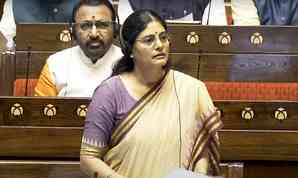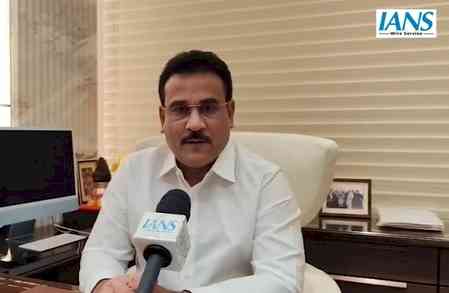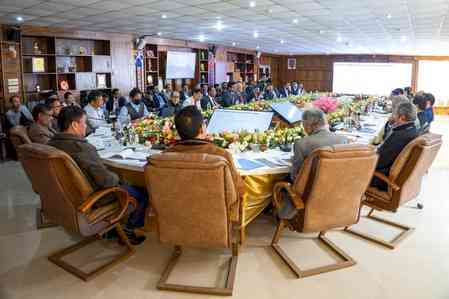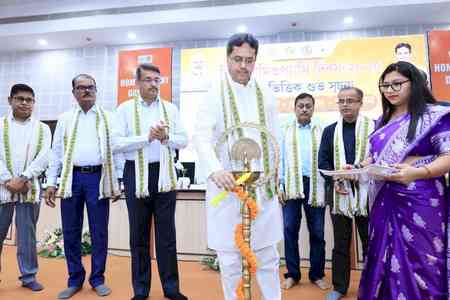Centre has released Rs 36,993cr as subsidy on fertilisers for farmers in April-July
The government has paid out a subsidy of Rs 36,993.4 crore during the first four months of the current financial year (April-July 22) to ensure adequate availability of fertilisers at affordable prices to farmers in the country, Minister of State Anupriya Patel told the Lok Sabha on Friday.

New Delhi, Aug 2 (IANS) The government has paid out a subsidy of Rs 36,993.4 crore during the first four months of the current financial year (April-July 22) to ensure adequate availability of fertilisers at affordable prices to farmers in the country, Minister of State Anupriya Patel told the Lok Sabha on Friday.
Under the DBT (direct benefit transfer) in fertilisers system, 100 per cent subsidy on various fertiliser grades is released to the fertiliser companies, on actual sales to the beneficiaries based on Aadhaar authentication through POS devices installed at each retail shop, Anupriya Patel said.
Similarly, a subsidy of Rs 1.95 lakh crore was released in the last year (2023-24) to provide farmers with fertilisers at lower prices.
The Union Minister also said that to ensure a balanced use of fertiliser, the Central government through various schemes viz. Indigenous P&K, Imported P&K, Indigenous Urea and Imported Urea provide nutrient-rich subsidised fertilisers to the farmers.
Further, the Government has approved the Market Development Assistance (MDA)@Rs 1,500/MT to promote organic fertilisers, she added.
The minister further stated that the Indian Council of Agriculture & Research (ICAR) has recommended the use of soil test based balanced and integrated fertiliser management practices through conjunctive use of both inorganic and organic sources (compost, bio-fertilizers, green manure etc.,), split application and placement of nitrogenous fertilizers, use of slow releasing N-fertilisers, nitrification inhibitors and use of neem coated urea et.
The minister also said that water is a state subject and initiatives on water management, including its quality, is primarily the responsibility of the states. However, various steps have been taken by the Central government to improve the quality of groundwater in the country.
Data on groundwater quality available with the Central Ground Water Board (CGWB) are made available in the public domain through reports as well as through the website -- cgwb.gov.in -- for use by various stakeholders.
The data is also shared with concerned state governments to take necessary remedial measures.
Besides, awareness generation programmes on various aspects of groundwater including preventing groundwater pollution and safe use of contaminated water are being conducted by CGWB periodically, she added.


 IANS
IANS 








